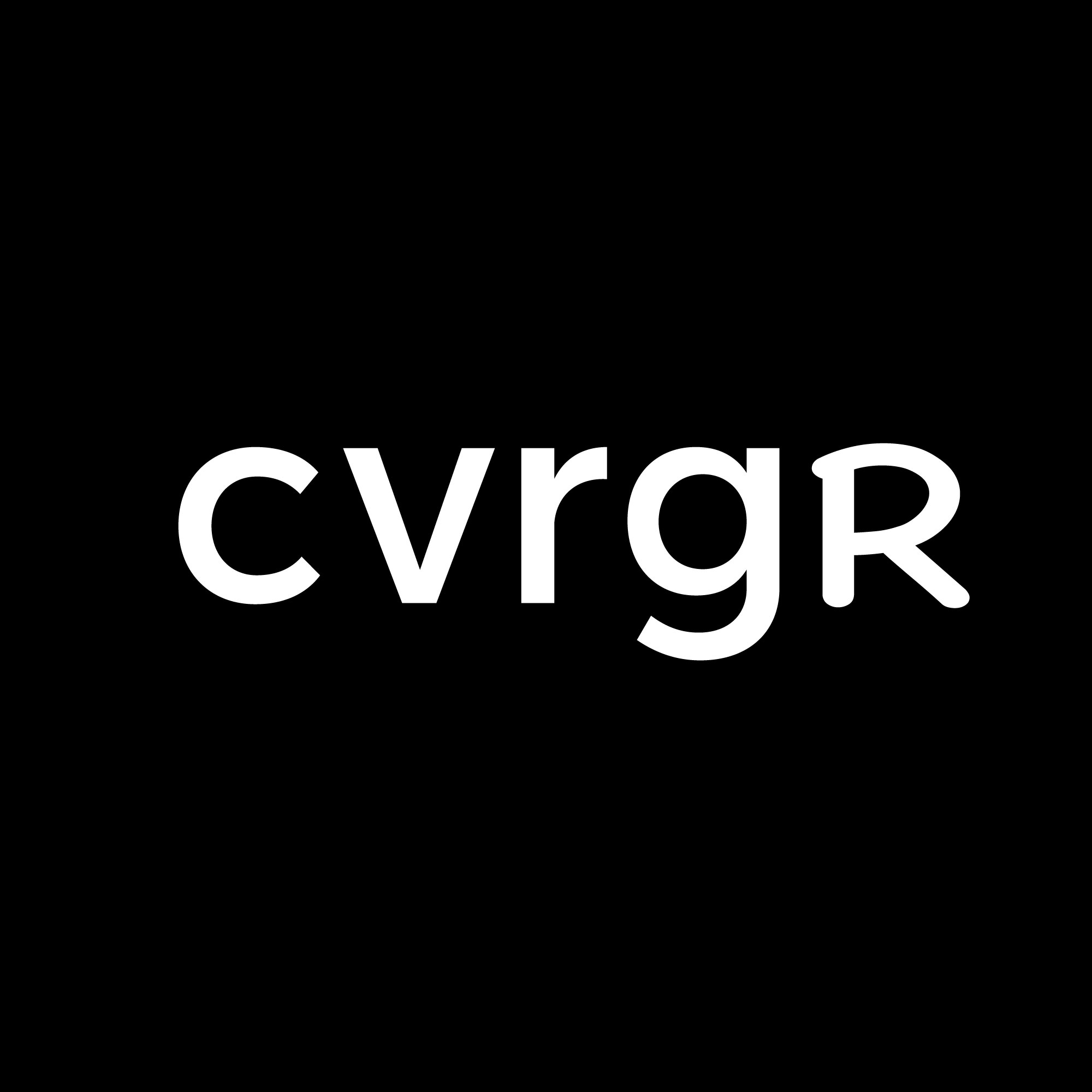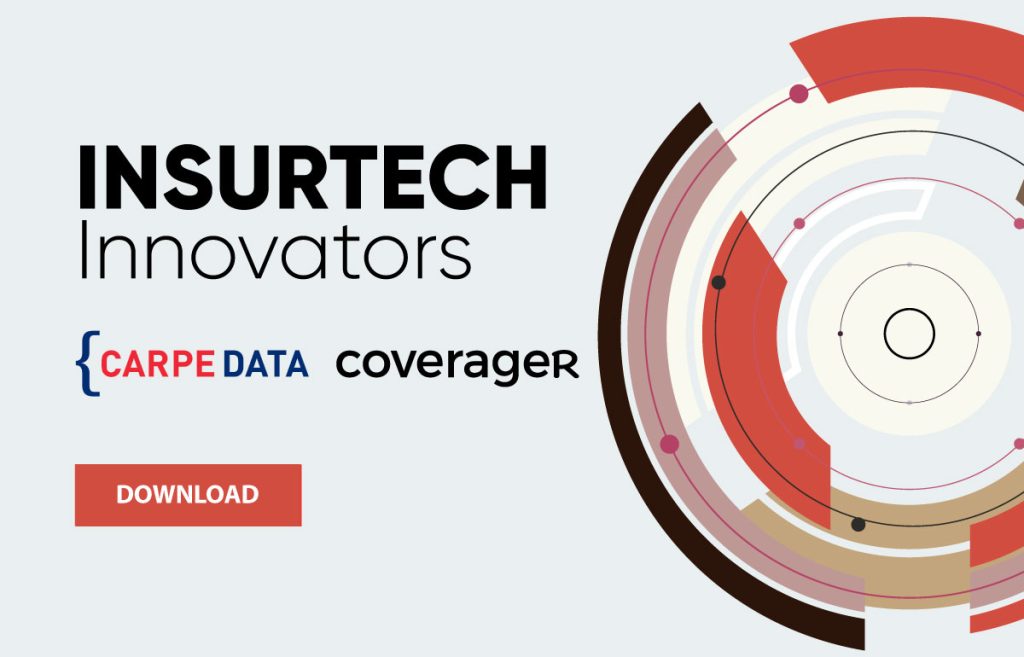Ready, Set, Reset
The insurtech movement had its roots in a series of perceptions such as people hate insurance so let’s try and delight consumers, or that insurers aren’t technology companies so let’s introduce technology, call ourselves a technology company and hope scale catches up as it does in the software industry, or (final point) insurance is a trillion-dollar market-slash-Goliath and everybody is waiting for David. But perceptions and reality don’t always match up. In reality, people don’t hate insurance, they are indifferent to it, technology is simply an enabler, not a disruptor, and the industry, as a whole, resembles several king David’s as opposed to one Goliath because there are no monopolies in insurance (State Farm controls ~10.1% of the P&C market in the US while MetLife controls ~13.6% of the life insurance market as of 2017).
The insurance movement had its roots in a group of similar people (e.g. shippers) coming together to protect against damage or loss (e.g. loss of cargo). The Greeks and Romans introduced the origins of health and life insurance when they created guilds called “benevolent societies” which cared for the families of deceased members. In England, mutual aid organizations known as friendly societies were created to help families during difficult times. And today, there are more mutual insurance companies worldwide, although, in the US, stock insurance companies outnumber mutual insurers. After all, insurance has borders (it’s local). The modern mutual insurer – in the form of a P2P insurtech company – is no longer a frequent topic discussion as is blockchain.
– Pineapple was “South Africa’s first P2P insurer”; fast forward and choosing who to share your risk with is optional
– Lemonade was never the world’s first P2P carrier
– Friendsurance Australia, a P2P bike insurance scheme, is no longer accepting new customers
“In 2016 the journey to bring Friendsurance to Australia began. In 2017 a pilot insurance product for cyclists was launched and ran until March 2020. Customers enjoyed for the first time a peer-to-peer insurance product using Friendsurance’s pioneering digital solution.” – Friendsurance on what was one heck of a long pilot.
* * *
On April 13, I received the following email: “….are you compiling all the announced layoffs of the various InsurTechs? It would be interesting to see a list.” It prompted me to publish a layoffs tracker focused on insurtechs. On April 15, I received another email and here’s the gist of it: “I wanted to reach out about the layoffs list you guys published and suggest presenting it more as a “hey, for anyone that’s hiring in the industry…” vs what could be perceived as a pretty negative scoreboard…. This way Coverager doesn’t unintentionally appear to be celebrating something that definitely left some people hurting and is probably making a lot of other people nervous.”
We don’t celebrate layoffs. We report them.
In psychology, the tendency to interpret everything that happens to us in a personal way, according to the intensity with which it affects us, is called “self-centered bias”. This bias helps us to maintain a coherent narrative of the events of our life. The more we personalize the experiences, the more relevant they are to us and, therefore, the more memorable. These memories end up becoming the basis of our identity. Therefore, in a certain way, the self-centered bias would be the glue that allows us to keep together the different pieces of our life, according to Psychology Spot.
Consider this study conducted at the Tohoku Women’s Junior College which revealed how self-centered bias works. The psychologists asked the participants to rate a series of their own and others’ behaviors as fair or unfair. Interestingly, people tended to rate the behavior of others as more unfair and their own behaviors as more just. This reveals that we tend to attribute positive successes and behaviors to us and project failures and negative behaviors on the others. This also reveals why so many insurers opt for taglines centered on the notion of fairness but I won’t digress. Professor Dan Ariely explains that the self-centered bias takes place because “we see the details and nuances in what we do, but with what the other person does we don’t see the nuances and we don’t see the details.” For instance, if you take out the trash it’s a single process but if I take out the trash it involves separating the trash, placing in bags, etc. Or if you’ve interpreted our ‘insurtech layoffs’ as a simple scoreboard, without acknowledging all the moving pieces that take place before we actually hit the ‘publish’ button. I’ll spare you all the details but one. It isn’t uncommon for us to spend two weeks on a story in which during these times we speak to as many employees (ex- or current-) who are willing to share their perspective.
– one employee was let go a week after being hired
– one employee was let go 5 months after leaving a stable job at another insurtech company
– one employee wasn’t surprised by the layoffs because he didn’t have any work for quite some time
It’s hard to generalize the impacts of COVID-19 on insurtech and insurance as a whole as it varies by line of business and by geography. Even within those startups that announced layoffs, there are enough nuances to tell stories rather than report statistics. I care more for stories because you can lie with statistics but you can’t argue with feelings.
In my 20’s I interviewed for a financial services company called Excellence Investment House. I remember my hiring manager who later became my boss. He loved to sing and dance (I’m good at neither). And I remember the interview included a handwriting analysis and some drawings. For example, I was asked to draw a tree and the picture below is pretty similar to my end result. I got the job with the following observation: “You have no roots.”
That was and is true (we moved a lot growing up). However, it doesn’t matter where you come from, it matters where you want to go, and how you want to grow (digitally is an obvious one though I recognize not everyone has the luxury of only being online all the time).
A good portion of the layoffs had nothing to do with COVID-19 and everything to do with financial and strategic mismanagement (looking to grow too fast by hiring more employees, adding costly real estate, or simply depending on venture capital funds with investors now turning their back on startup founders). For these companies, COVID-19 is a reason to hit the reset button and assess not only where they want to go but how they want to grow. And hitting ‘reset’ is always better than hitting ‘pause’ as one suggests continuity and the latter uncertainty.




